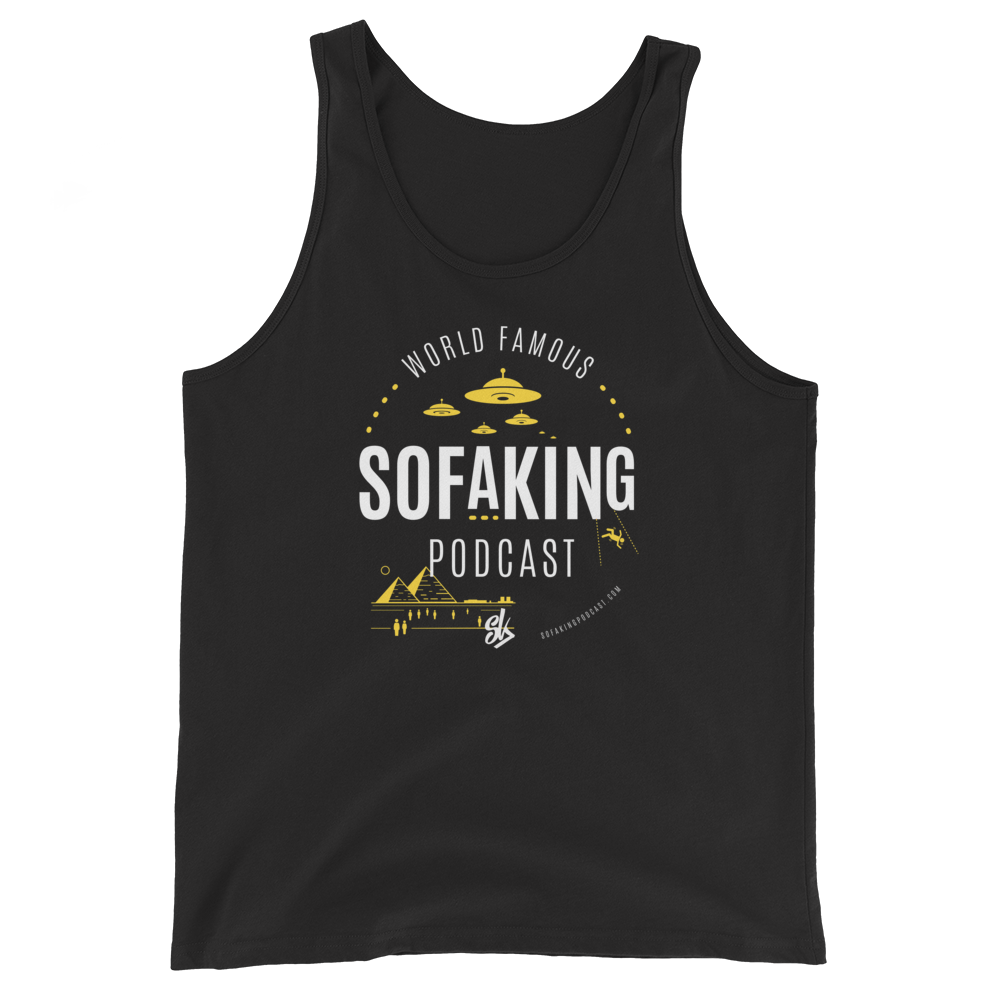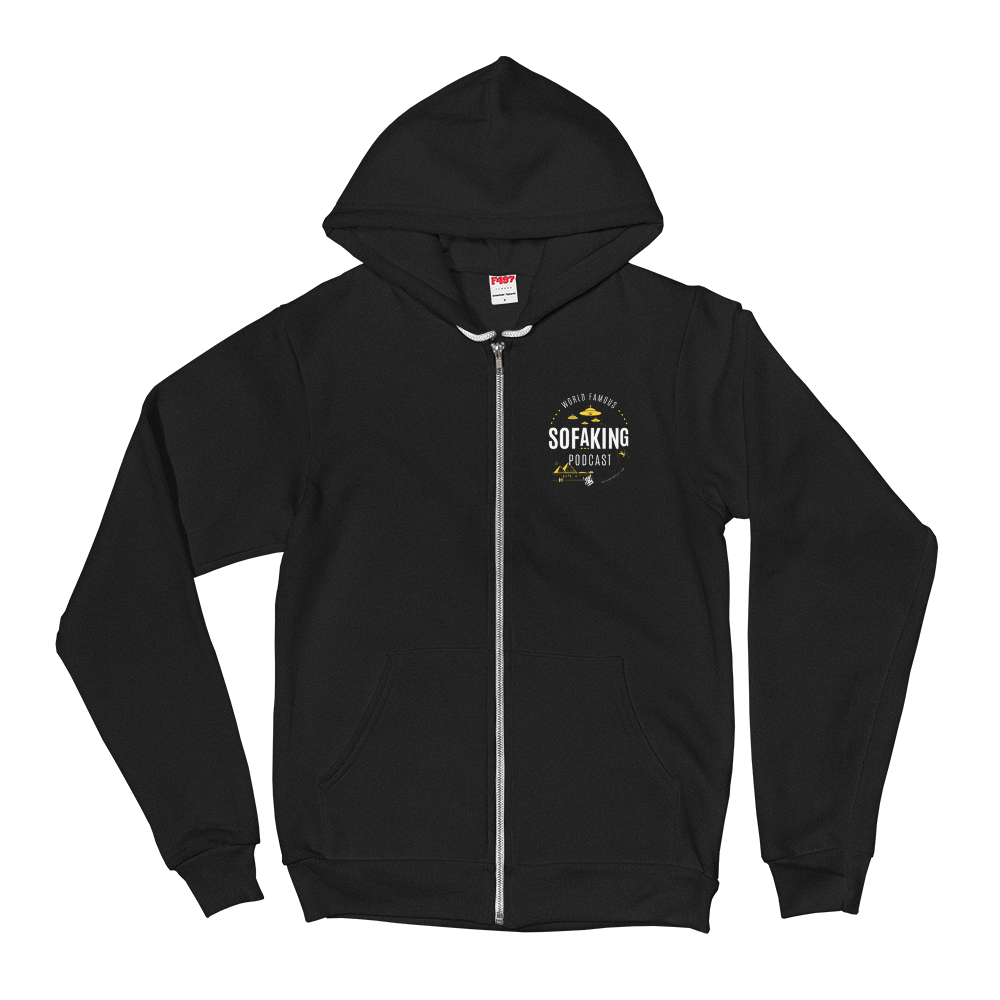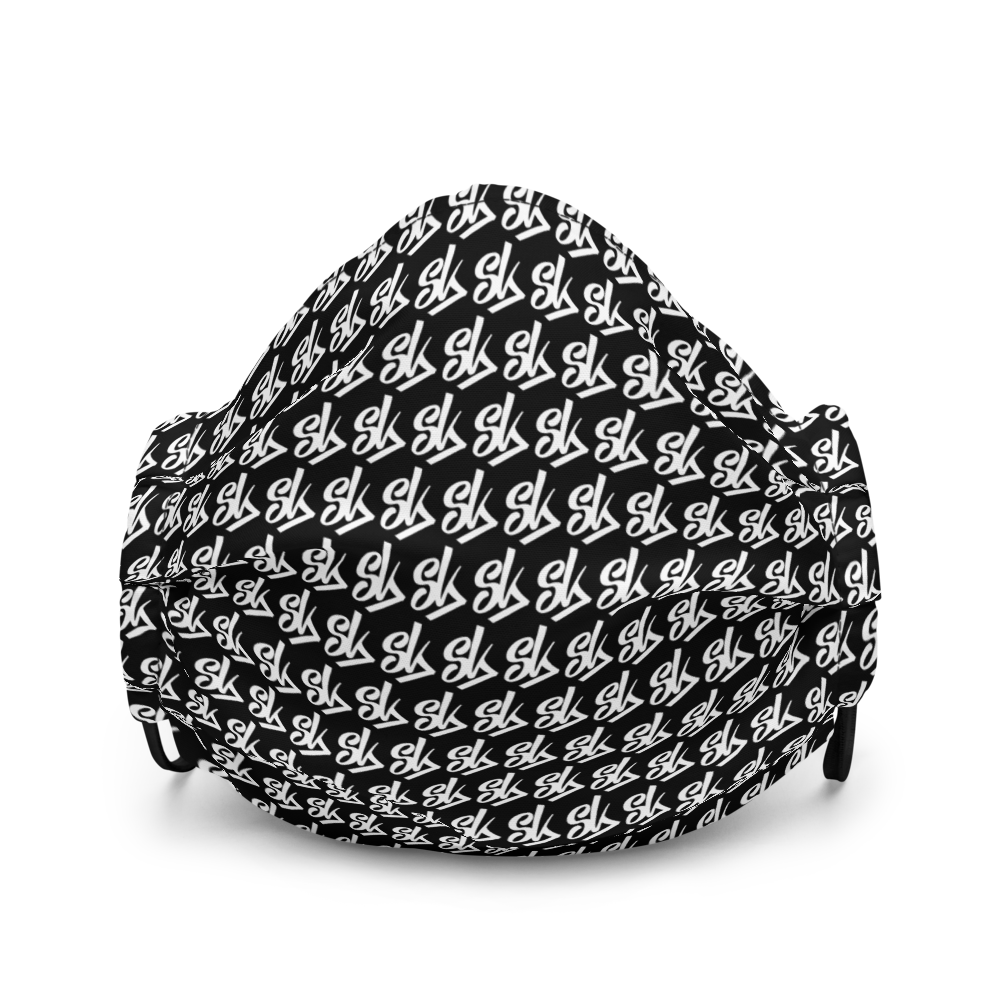Episode 25: Fakebook – Savage Radio Edition

Podcast: Play in new window | Download
Fakebook: This episode focuses on social media, specifically Facebook. We explore why people feel free to act so phony or to bully others on social outlets. Then, we examine “emotional contagion” that infects people who have positive or negative social media experiences. We also play a game in which Brad dares us to tell if a quote comes from Jaden Smith’s twitter feed or a cult leader.
We didn’t care what aspect of social media we covered, and we didn’t care about which brand (Facebook, twitter, etc.) we covered. Interestingly, we all ended up researching and prepping a show about Facebook only, and we all ended up coming prepared to talk about how artificial it all is.
We start by talking about how Facebook just shows us the best or the worst of people, never the truth, never the middle ground. People tend to just show their happiest moments, their vacations, their special nights out, their darling children moments, their puppies sleeping in the sunshine, their sumptuous meal. Or, they show a photo of their car after it was broken into, or trash dumped in their lawn, or how bad their job is. We never see a post about a truly average day. We were all guilty of it. Maybe nobody wants to see the mundane. We all want the exceptional at all times. This is why Greek tragedy only focused on royalty and the gods and only happened on the streets instead of someone’s house. We want the public stuff, and we want to be stab your eyes out bad or gods from the heavens good.
A guest was with us on this episode, but he wanted to remain anonymous. He has a rather high profile job and didn’t want, ironically, social media, to come and bite him in the as. He gives a great example of how the Russians sent photographers into Chernobyl to take pictures of the reactor core after it melted down. They gave them rain gear and said they’d be fine. One after the other went in and died, buying the lies that they were told. He thinks this is akin to Facebook. We all buy whatever lies we’re being told because we think it is normal or good for us. Our guest also talks about how and his wife are confused because Facebook makes them think they don’t have as much money as their friends to or spend poorly or something. People post lavish vacations and expensive cars. But they don’t post their parents just off frame on the beach (the ones who payed for the vacation) or the massive debt and low bank earnings that such things have cause.
We all use Facebook to prop up artificial version of ourselves. Glamorized, fancy food eating, fun at the beach having versions. Maybe this is fine. Maybe it’s better than fine, maybe it’s what we need to feel good about ourselves in a world where precious little allows us to do so. The lies can obviously be bad if people completely fake an identify and “catfish” a lover by acting like someone they aren’t. It can be really dark for pedophiles who prey on people with fake profiles. But we all do some of it to some degree.
Brent brings up a TED talk where the speaker discussion how infections social media can be. There is a sense of emotional contagion. A bunch of positive news in the feed can make us positive, while negative news can make us negative. This was famously exposed a few years ago when Facebook tweaked the news feeds of 700,000 members. Some got positive hits, some negative hits for an entire week. At the end of the week, these people were correspondingly happy or upset in their own posts.
This all goes to show that the power Facebook is pretty massive. It can set a stage for us being infected by positive or negative takes on the world. My advice, look at the people who post negative things on your feed, all the people who make you think “oh, god, what is it this time,” and unfriend them. Or, don’t be rude, unfollow them. Your newsfeed will thank you, and you’ll be infected by positivity instead of the negative. Sometimes we all need a little white lie to get us through the day, and maybe that is the true power of Facebook.










